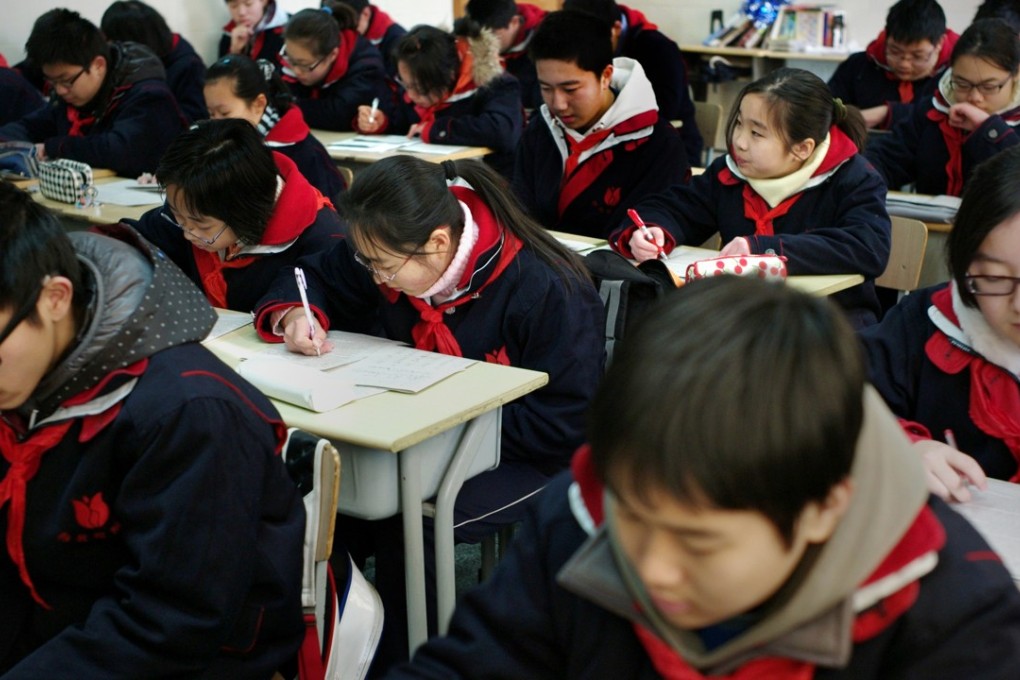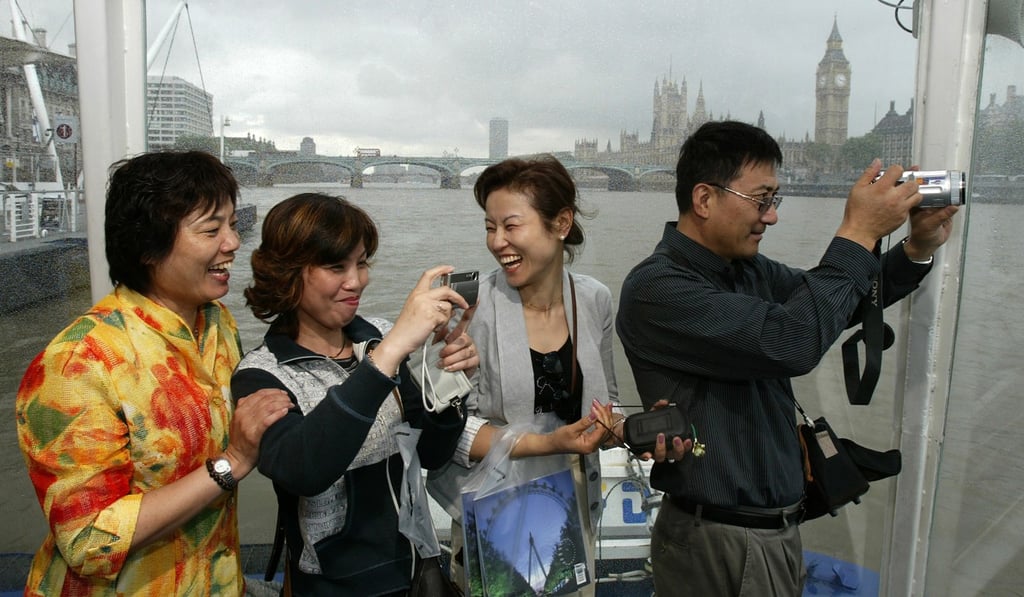White supremacy is history and China is the future
Mark Logan says the premise for the debate about white privilege is both flawed and dated, given the rise of China and other non-white societies, and the challenges faced by disenfranchised white people

Not a day goes by without heated debate about race in the media, both sides of it based on an outdated premise: that whites are supreme or possess unchecked privilege. It’s time for the global narrative and local sentiment to recalibrate.
Firstly, for believers in white supremacy, the recalibration process needs to recognise that the world has moved on since the days of the “white man’s burden”. Any belief that the “white race” is supreme is wrong, there is evidence of relative strength across races and ethnicities, like the life expectancy “superiority” of the Japanese and Koreans.
At my recent graduation ceremony in the UK, the convenor spoke ashamedly about how most of the portraits hanging on the wall were “male, pale and stale” – visual confirmation of the historic hegemony of white people.

Why UK’s No 2 lure for Chinese tourists is fashion outlet village
What is the secret to Shanghai’s teaching prowess?
